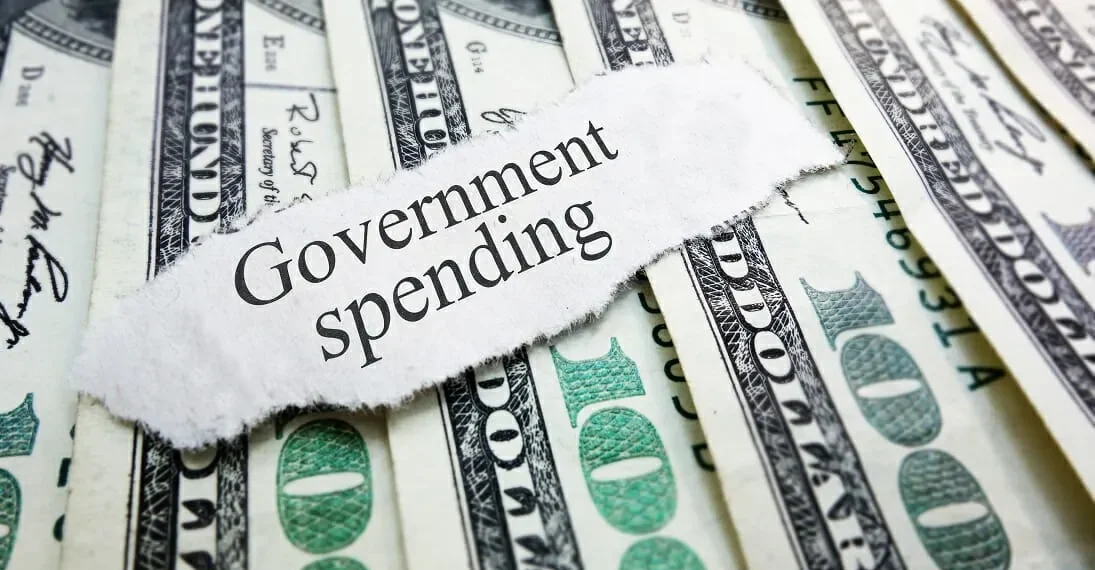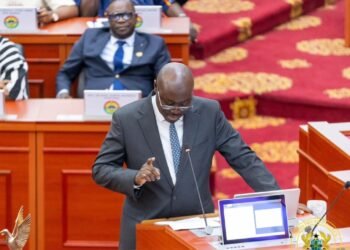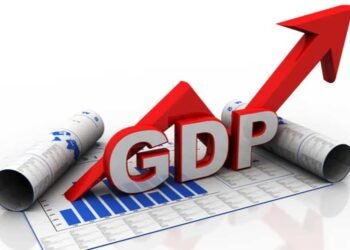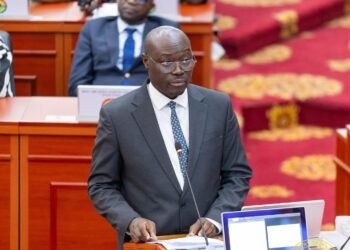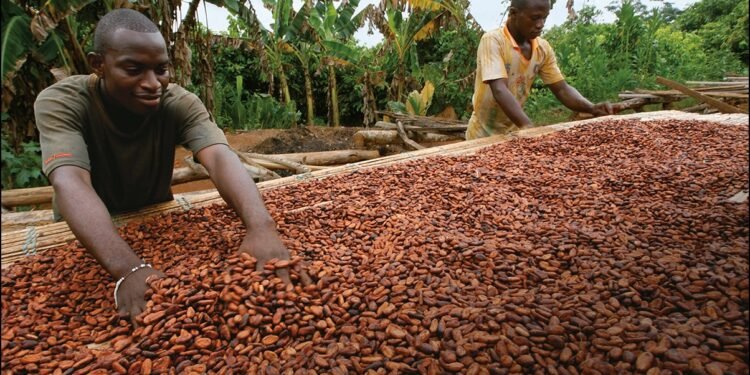In the face of economic challenges that necessitated an International Monetary Fund bailout, the idiom “cut your coat according to your cloth” can not be farther from the truth for Ghana.
Government spending has surged significantly over the years. In 2023, proposed government expenditure stands at GH¢205.4 billion, representing 25.6% of GDP and a 53.5% increase from the previous year.
However, projected total revenue, including grants, is GH¢144 billion, leading to a budget deficit of GH¢61.5 billion, or 7.6% of GDP. Although this is lower than deficits in 2020 and 2021, it remains high given the fragile state of the economy.
Despite persistent public calls for reduced spending, only modest measures have been implemented. These include 30% cuts to government salaries, halving coupon vouchers for officials, and freezing new vehicle imports.
However, these efforts seem insufficient, especially considering the nearly 938% increase in allocations to the offices of the president and vice-president over five years, with the 2022 allocation reaching about GH¢3.1 billion.
For a small country like Ghana, having around 86 ministers and 995 staffers in the presidency, including 337 political appointees, is excessive and reportedly the largest in West Africa.
Many of these positions are redundant. For example, over 20 people are employed solely for the Presidency’s communication, aside from staff at the Information Ministry and social media handlers.
Additionally, presidential staff salaries surged by 508.4% from 2020 to 2021.
Running a lean government is not only prudent but a necessity to curb excessive spending and prioritize efficiency.
This approach aligns with fiscal responsibility and also addresses the pressing need for economic stability.
In recent developments, the New Patriotic Party’s (NPP) flagbearer, Dr Mahamudu Bawumia, has pledged to trim the size of his government and expenditure by at least GH¢30 billion if elected president.
He revealed this during an interaction with the clergy in the Northern Region on what he will do differently to bring down the increasing cost of running government.
“I have made it clear and even stated that I want to bring down government expenditure and the size of government by at least 3 percent of GDP, which is about GH¢30 billion over the next four years and I have also made it clear that I will have no more than 50 ministers, which is also to say I want to bring the size of government down.”
Dr. Mahamudu Bawumia
Dr. Bawumia also promised to protect the public purse and efficiently allocate public funds to undertake socially beneficial and impactful projects.
Efficiency, Anti-Corruption Measures Needed
In February 2024, he made a similar statement to run a lean government of “no more than 50 ministers and deputy ministers” and implement significant fiscal reforms aimed at cutting costs and enhancing efficiency.
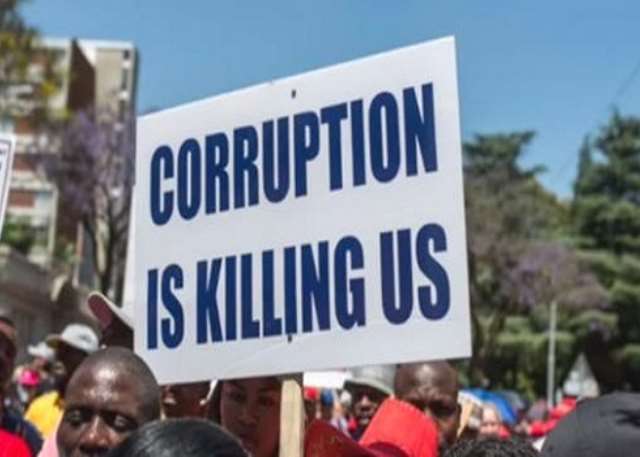
Economist, and the Executive Director of Policy Initiative for Economic Development, Daniel Amateye Anim-Prempeh praised this move, stating the need to cut public expenditure.
“Reducing the number of ministers and embracing a leaner government structure aligns with prudent fiscal management principles, fostering efficiency and cost-effectiveness in public administration.”
Daniel Amateye Anim-Prempeh
Besides cutting government size and spending, corruption must of course also be addressed. The 2022 Auditor General’s report showed that irregularities in the public sector in 2021 amounted to about GH¢17.5 billion.
As such, efficiency and reducing corruption are crucial for Ghana to safeguard its public purse.
Streamlining government operations and cutting unnecessary expenditures will help curb waste, ensuring funds are used for vital development projects.
READ ALSO: AfDB Commits $2 Billion As It Leads The Way At Landmark Summit For Access To Clean Cooking In Africa

